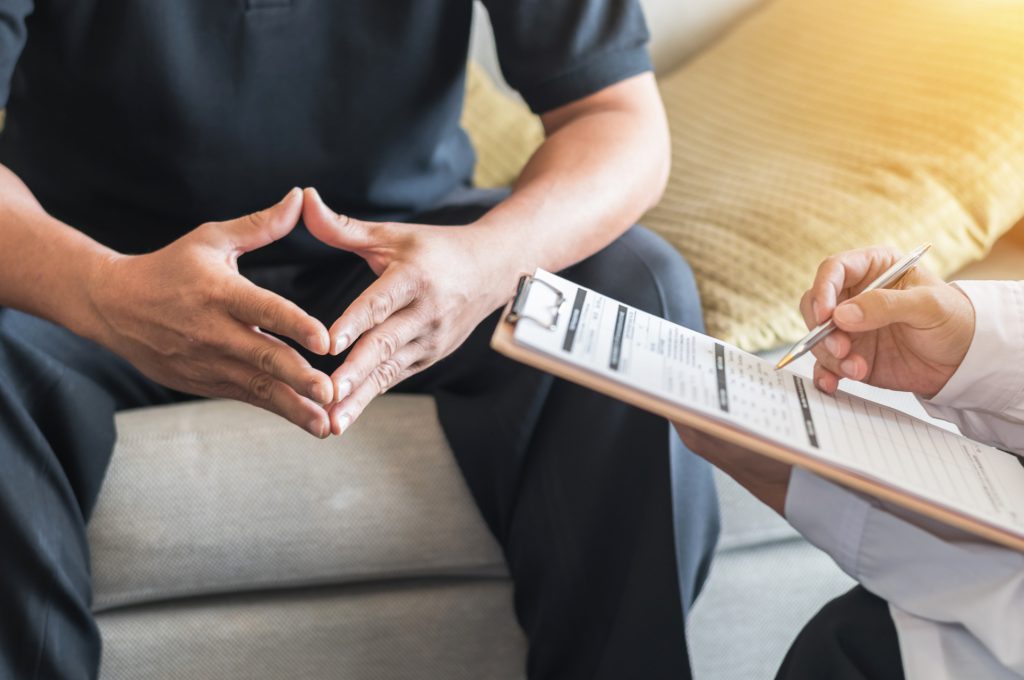Each year, roughly 43 million adults experience a form of mental illness in the United States. Although some police departments have started to implement mental health training programs such as the Crisis Intervention Team (CIT), there is still room for improvement in law enforcement’s response to mental health crisis situations.
Among the benefits of mental health training, a reduction in mortality during police operations stands out. Throughout 2019, 1,017 people died as a result of violent confrontations and, in 25% of these cases, a form of mental illness was involved. In fact, those who suffer from them are 16% more likely to die during a police encounter.
But what are the steps that police departments have already taken? And, most importantly, what should be done next?
Empathy is essential
Historically, the role of the police department has been to solely prevent crime and maintain order. But now that awareness of mental health has grown, the need for officers to also understand mental illnesses (and how to adequately react in situations where they are involved) has become evident. This has led organizations such as the National Alliance on Mental Health (NAMI) to develop specialized training programs.
So far, the aforementioned CIT program is the most commonly taught in the US; departments from all states except West Virginia have adopted it. This 40-hour long program created by NAMI has strong cooperation between law enforcement agencies and local mental health services as its foundation.

The main goal is to increase empathy towards mental illness patients. This is partly achieved by at-home exercises; one of which consists on trainees receiving a pill case filled with candies that should be taken as medicine, with the aim of making officers more aware of the difficulties of following a strict medication regime.
Departments that have implemented CIT programs have reported an 80% decrease in police injuries during mental health crisis situations. This exhibits how a solid understanding of mental health, as well as living with a mental illness, can enhance an officer’s response capabilities and, ultimately, save lives.
Another popular program is the One Mind Pledge, developed by Mental Health First Aid (MHFA). In this course, depression and drug use take the center stage. Risk factors and warning signs for mental health and addiction concerns, as well as strategies for helping someone in crisis situations are studied.
Other police departments such as in Pasco County, FL, have resorted to different, less conventional strategies for dealing with mental health crisis situations. Here, therapy dogs are used to calm a person in crisis with the aim of helping them open up to a detective for interrogation.
The cost of jailing mental health sufferers
Presently, approximately 2.2 million people are incarcerated across the US. 14% of those in federal prisons suffer from a mental health condition whereas, in local jails, the figure stands higher at 26%.
The issue of whether inmates who meet the criteria for having a mental illness should receive another type of rehabilitation has been hotly debated for many years, although mostly on humane grounds. However, from a more practical point of view, avoiding the incarceration of those who suffer from a mental health condition whenever possible could be a highly cost-effective measure.
Housing an inmate with a mental health condition costs around $90,000 each year, whereas housing one without such a condition costs approximately $30,000, as per the latest figures. The state could save a vast amount of resources if more appropriate treatment is provided to patients who suffer from a mental illness, e.g. community-based programs usually cost $10,000 per year per inmate.

Moreover, police departments can play a crucial role in preventing mental health-related incarcerations by having the proper knowledge on how to de-escalate situations that could land a patient in jail.
Everyone benefits!
Mental health is a serious issue in the US; almost 47% of all adults will experience a form of mental illness during their lifetime. Unfortunately, only 41% of those who have been diagnosed have received proper treatment in the past year.
Changing attitudes, especially in law enforcement, could make a big difference; 10% of all police calls involve a mental illness. With better treatment programs for patients and reduced mortality rates, communities and departments alike can benefit from better mental health training.

